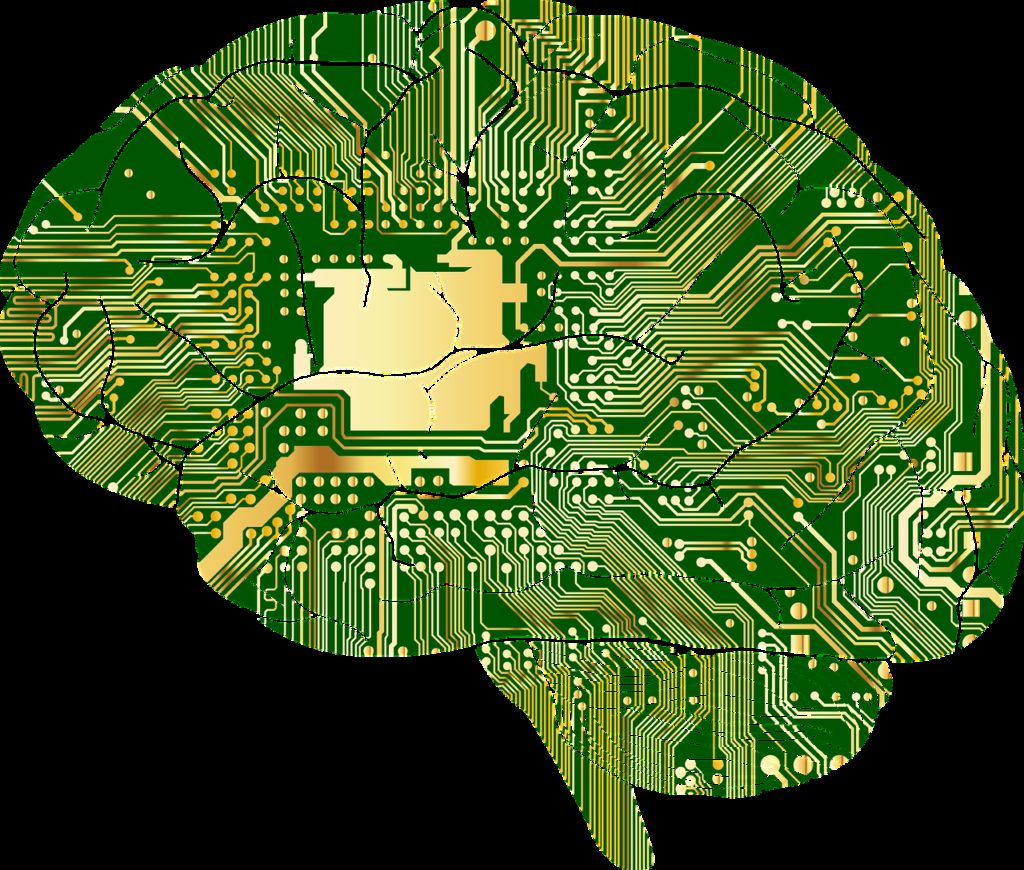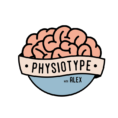Conceptual and Social Cognitive Functions
Cognitive Functions play a crucial role in determining our personality traits and behavior patterns. They are the mental processes that we use to gather and process information, make decisions, and interact with the world around us. There are eight cognitive functions in total, each with their own unique characteristics and tendencies. By understanding how these functions interact with each other, we can gain insight into our personality and how we perceive and respond to the world.
To better understand the relationship between Cognitive Functions and Personality, it’s important to explore each of the eight functions in depth. This includes understanding how they influence our thoughts, feelings, and actions.
Conceptual Functions
Ne, Si, Se, Ni.
Conceptual Functions play a big role in shaping our personality and the way we think. They decide how we take in information, how we store it, and how we categorize it in our mind. The terms “Object” (Sensing) and “Class” (Intuitive) describe the type of information we store, while “Meta” and “Mesa” show how detailed the information is.


Social Functions
Fe, Ti, Fi, Te.
The Social Cognitive Functions have a huge impact on our personal relationships and sense of self. They control how we form and maintain relationships with others, develop and maintain our identity, and decide what information is most important to us based on its source and relation to living or non-living systems. Additionally, they can influence the way we approach social interactions, either in a holistic or atomic manner, as either Mesa or Meta.
Find Out Your Personality Type
Having trouble figuring out your Physiotype? Want to see if your Physiotype matches your MBTI or Socionics type?
